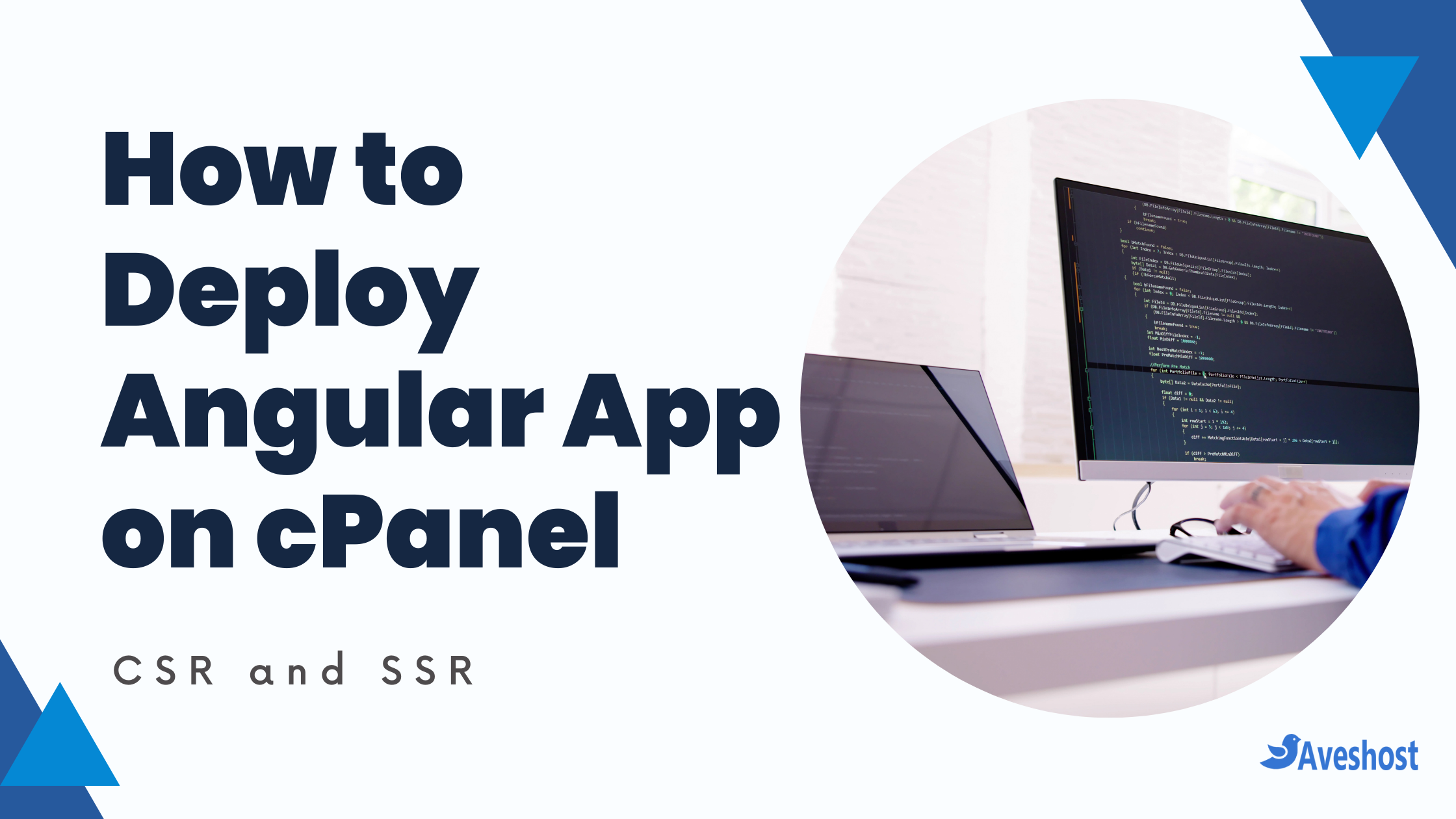In the current digital era, having a website is no longer a luxury – it’s a necessity. Whether you’re a seasoned entrepreneur, a budding artist, or simply looking for a platform to share your passions, a website allows you to establish your online presence and connect with a global audience. But with a plethora of website building platforms available, choosing the right one can feel overwhelming. Fear not! This comprehensive guide will equip you with the knowledge to navigate the exciting world of website builders and select the perfect platform to bring your vision to life.
Understanding Your Needs: The Foundation for Success
Before diving into the features of each platform, it’s crucial to carefully consider your website’s purpose and goals. Here are some key questions to ask yourself:
- What is the primary function of your website? Are you creating a blog to share your expertise, an online portfolio to showcase your creative work, an e-commerce store to sell your products, or a simple landing page to provide your contact information?
- Do you plan on regularly adding fresh content? If you envision a website that thrives on consistent updates, you’ll need a platform that caters to content management.
- How important is design customization to you? Do you have a specific aesthetic in mind, or are you flexible with pre-designed templates?
- What is your technical expertise? Are you comfortable with a bit of a learning curve, or do you prefer a drag-and-drop interface for effortless website creation?
- What’s your budget? Website builders offer varying pricing structures, so understanding your financial constraints is essential.
By taking the time to answer these questions, you’ll gain valuable insight into the functionalities and features that are most important for your website.
Major Players in the Website Builder Arena
Now that you have a clearer understanding of your needs, let’s explore some of the most popular website building platforms:
- WordPress: A free, open-source platform that powers over 40% of all websites on the internet. WordPress offers unmatched flexibility and customization options, making it ideal for those who crave complete control over their website’s design and functionality. However, it requires users to handle web hosting separately, which can involve a slight learning curve for beginners.
- Wix: Renowned for its user-friendly drag-and-drop interface, Wix is a popular choice for beginners and non-technical users. With its vast collection of beautiful templates and intuitive editor, creating a professional-looking website on Wix is a breeze. However, customization options are somewhat limited compared to WordPress.
- Squarespace: Squarespace strikes a perfect balance between ease of use and design flexibility. It boasts a user-friendly interface along with stunning, mobile-responsive templates that cater to a wide range of creative fields. While Squarespace offers built-in e-commerce functionality, it may not be as comprehensive as some dedicated e-commerce platforms.
- Shopify: If your primary focus is on selling products online, then Shopify reigns supreme. This robust e-commerce platform offers a comprehensive suite of features specifically designed to streamline online sales, from product management and inventory control to secure payment gateways and shipping options. While Shopify offers basic blogging functionality, it’s not ideal for content-heavy websites.
- Blogger: Developed by Google, Blogger is a free, user-friendly platform specifically designed for creating blogs. It offers a familiar interface for anyone comfortable with other Google products and seamlessly integrates with other Google services like Google Analytics and AdSense.
Choosing the right platform for your website: A Platform-by-Platform Breakdown
Here’s a more detailed breakdown of each platform, highlighting their strengths and weaknesses to help you make an informed decision:
WordPress:
- Strengths: Unmatched flexibility, SEO friendly, vast library of plugins and themes, cost-effective (with separate web hosting)
- Weaknesses: Requires some technical knowledge, managing website hosting can be complex for beginners.
Wix:
- Strengths: Easy to use, drag-and-drop interface, beautiful templates, built-in marketing tools.
- Weaknesses: Limited customization options, can be expensive for larger websites with higher bandwidth needs.
Squarespace:
- Strengths: User-friendly, stunning templates, strong focus on design aesthetics, built-in e-commerce functionality.
- Weaknesses: Limited app integrations compared to WordPress, can be restrictive for highly customized website needs.
Shopify:
- Strengths: Powerful e-commerce features, easy to use product management tools, secure payment processing.
- Weaknesses: Limited design flexibility compared to website builders, focus is primarily on online stores, not ideal for content-driven websites.
Blogger
- Strengths: Extremely easy to use, perfect for beginners, free to use, seamless integration with Google products, reliable uptime due to Google’s infrastructure.
- Weaknesses: Limited design customization compared to other platforms, focus is primarily on blogging, not ideal for complex websites with multiple functionalities.
Blogger vs. WordPress
Both cater to blogging, but there are key distinctions. WordPress offers more control over design and functionality, while Blogger is simpler and easier to learn. If you envision a website with extensive features beyond blogging, WordPress might be a better choice.
However, for those starting a basic blog and seeking a user-friendly platform, Blogger is an excellent option.
Here’s an updated table summarizing the major platforms:
| Platform | Strengths | Weaknesses | Ideal For |
|---|---|---|---|
| WordPress | Unmatched flexibility, SEO friendly, vast plugins & themes | Requires technical knowledge, separate web hosting | All website types, content-heavy websites, those seeking full control |
| Wix | Easy to use, drag-and-drop interface, beautiful templates | Limited customization, expensive for large websites | Beginners, those prioritizing ease of use over extensive customization |
| Squarespace | User-friendly, stunning templates, built-in e-commerce | Limited app integrations, restrictive for highly customized needs | Creative fields, those seeking balance between ease of use and design aesthetics |
| Shopify | Powerful e-commerce features, easy product management | Limited design flexibility, focus on online stores | Online stores, businesses selling products |
| Blogger | Extremely easy to use, free, Google integration | Limited design customization, focus on blogging | Beginners, basic blogs |
Additional Considerations:
- Scalability: Consider how your website might evolve in the future. Will you need to add new features or functionalities as your business grows? Choose a platform that can adapt to your website’s growth trajectory.
Security: Protecting Your Digital Space
Website security is paramount, especially if you’re collecting user data or processing online transactions. Here’s what to consider when evaluating a platform’s security features:
- SSL certificates: Ensure the platform offers built-in SSL certificates to encrypt communication between your website and visitors’ browsers. This safeguards sensitive information like passwords and credit card details.
- Regular updates: A platform that prioritizes regular security updates and patches is crucial to stay ahead of evolving cyber threats.
- Backup and restore options: In case of unforeseen circumstances, having a reliable backup and restore system is essential for recovering your website’s data.
The Importance of Customer Support
Even for the most tech-savvy users, occasional glitches or troubleshooting needs can arise. Reliable customer support can make a world of difference in resolving issues and keeping your website up and running smoothly.
Here are some factors to consider when evaluating customer support options:
- Availability: Does the platform offer 24/7 customer support, or are there limited support hours?
- Support channels: Does the platform provide multiple avenues for support, such as live chat, email ticketing, or phone support?
- Community resources: A thriving online community forum or knowledge base can be a valuable resource for finding solutions and learning from other users.
Taking it for a Spin: Free Trials and Demos
Most website building platforms offer free trials or demo versions that allow you to explore the interface, test features, and get a feel for the platform before committing. Take advantage of these free trials to experiment with different platforms and see which one resonates best with your needs and comfort level.
The Final Verdict: Choosing Your Perfect Platform
There’s no one-size-fits-all answer when it comes to choosing the right website builder. The ideal platform depends on your specific goals, technical expertise, and budget. By carefully considering the factors outlined above and taking advantage of free trials, you’ll be well-equipped to make an informed decision and select the perfect platform to cultivate your online presence and bring your website vision to life.
Bonus Tip: Once you’ve chosen your platform, remember that building a successful website is an ongoing process. Stay up-to-date with the latest trends in website design and functionality, and don’t be afraid to experiment and refine your website over time to keep it fresh and engaging for your visitors.
By following these guidelines and leveraging the power of your chosen website builder, you’ll be well on your way to establishing a thriving website that reflects your brand and achieves your online goals.
Also Read:
- How to Start a Blog and Make Money: Beginner’s Guide
- How to Choose a Blog Name: 107+ Niche Ideas
- How to Choose the Right Web Hosting Plan for Your Business
- E-commerce Website Hosting in Ghana: A Guide to Success
- Domain Name vs. Web Hosting: Understanding the Difference
- How to Boost Your Website Speed for SEO and Conversions
- Unveiling the Secrets of Local SEO: Dominate Your Niche Market
- Cheap vs. Expensive Web Hosting: What You Really Need to Know
- 10 Must-Have Web Hosting Features for Small Businesses







